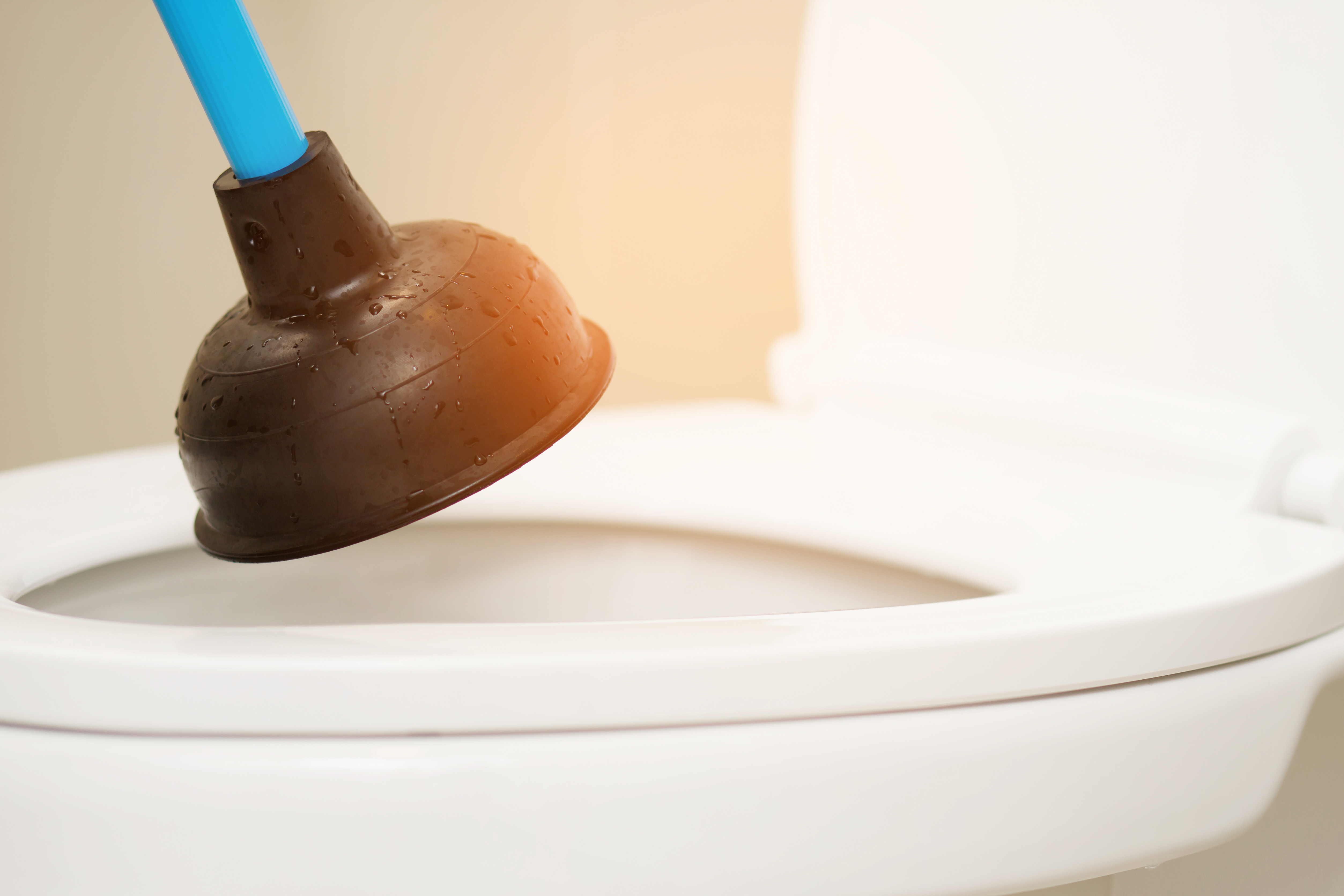
Although it may seem like a quick and easy way to get rid of waste, there are many things that should never be flushed down the toilet. Flushing the wrong items can cause serious blockages, which can lead to costly and troublesome repairs. By following a few simple guidelines, you can avoid these problems and keep your pipes functioning smoothly. Here's what you should and shouldn’t flush to avoid calling the plumber.
What You Can Flush: Simple Rules to Follow
● Toilet Paper – Toilet paper is specifically designed to break down in water, so it’s safe to flush. However, it's important not to use too much at once to avoid clogging the pipes. ● Human Bodily Fluids – Toilets are only meant for human waste and bodily fluids. Anything else can cause problems in your plumbing system. What You Should NOT Flush Down the Toilet ● Wet Wipes and Baby Wipes – Even if the packaging claims they are flushable, they don’t break down as easily as toilet paper and can lead to blockages. ● Sanitary Products and Tampons – These items expand in water and can quickly block your pipes. All sanitary products should go in the bin, not the toilet. ● Fats and Oils – Pouring kitchen grease or oil down the toilet might seem convenient, but it solidifies in the pipes and can cause serious clogs. Let it cool and dispose of it in the bin. ● Hair and Pet Fur – Hair doesn’t dissolve in water and can form large clumps that block your pipes. Always throw hair and fur in the trash. ● Cat Litter – Cat litter is designed to absorb liquids and form clumps, which can easily get stuck in your pipes. It should always be thrown away, not flushed. ● Food Waste – Although some food scraps might seem safe to flush, your plumbing isn’t built to handle such waste. Use a compost bin or throw food scraps in the trash. ● Chemical Cleaners and Medications – These can be harmful to your pipes and the environment. Medications should be taken to a pharmacy, and chemical cleaners should be disposed of according to their instructions.
How to Prevent Blockages and When to Call a Plumber
If you notice that the water in your toilet is draining slowly or not flushing properly, there might already be a blockage in your pipes. The easiest way to avoid blockages is to follow the guidelines above and not flush anything that doesn’t belong in the toilet. If a blockage has already formed and simple methods like using a plunger aren’t working, it’s wise to call a plumber. Professional help can prevent more serious damage and the higher costs that often come with attempting DIY repairs.
What to Do If You Get a Blockage
● Try a Plunger First – A basic plunger can often clear smaller blockages. ● Avoid Chemical Drain Cleaners – These can damage your pipes and make the situation worse. If the blockage persists, it’s best to consult a professional. ● Call a Specialist – If plunging doesn’t solve the problem, it’s time to call a plumber, who can use professional tools to fix the issue efficiently.
By following these simple guidelines, you can avoid costly repairs and keep your plumbing in top shape!
https://www.koguteenused.ee/en/service-ads/constructionreal-estate
